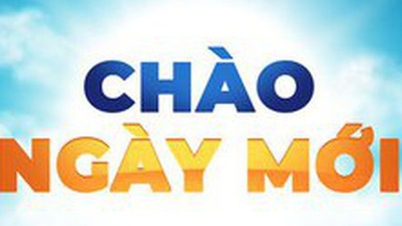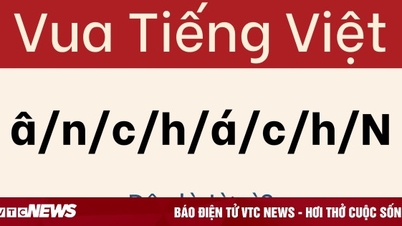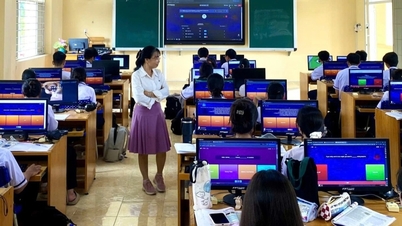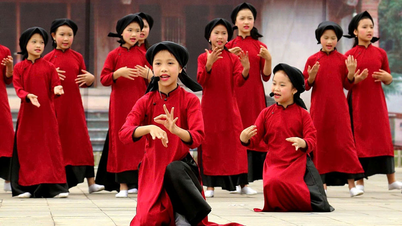I am looking to know what conditional business is like? The 2020 Investment Law stipulates 227 conditional business lines and: "Conditional investment and business lines must meet the necessary conditions for reasons of national defense, security, social order and safety, social ethics, and public health".
So what is tutoring? Who teaches and what? Who learns and why? These are the questions that need to be clarified.
In my limited understanding, tutoring is using "free time" to teach, which can be re-teaching or teaching more deeply and broadly than what is in the program or not in the program.
The teachers are mostly teachers from a school, high school or university, or they can also be students with good or excellent abilities. They teach what people need: math, physics, chemistry, literature, history, geography, foreign languages...
Especially for foreign languages, schools (high schools, universities) cannot meet the demand so they look for centers to learn more, at night or on weekends. Sports also have a need for extra learning: learning soccer, basketball, table tennis, swimming, diving, gymnastics... Arts also have a need for extra learning: learning to dance, learning to play instruments, learning to sing, learning to draw... Learning extra life skills is also quite popular.
Learners are old and young, male and female, not only taking extra classes while studying (high school, university) but also when working or retired. Life is colorful, with diverse needs for personal development. What life needs, generally speaking, is legitimate, should be supported and favorable conditions created for everyone to feel happy.
In education , especially general education, for many years now there has been a widespread phenomenon of extra tutoring, causing public outrage. Elementary school students, 6-10 years old, who are weak in their studies, have to take extra classes, and good students also have to take extra classes, studying to the point where they become confused and lose necessary rest time.
Middle and high school students also take extra classes many times a week. Students in specialized schools go to school more often than those in non-specialized schools. Some children want to go to extra classes. Some parents force them to go. The worst thing is that teachers force their students to come to her class to take extra classes.
Rampant extra classes, that is, excessive or forced (by parents, teachers), are the downside of teaching in general and extra teaching and learning in particular.
Society does not agree with widespread tutoring. I strongly oppose widespread tutoring, but on the contrary, welcome reasonable tutoring and reasonable tutoring.
Back to the question of whether tutoring should be included in the conditional business sector or not? I am 74 years old, have been in the teaching profession for 50 years and will continue for many more years, I sincerely answer: no!
Although widespread tutoring is a problem, it does not affect national defense and security; does not affect social order and safety... Therefore, there is no need to add a conditional business sector (industry number 228) in the 2020 Investment Law.
Source link










































































































Comment (0)